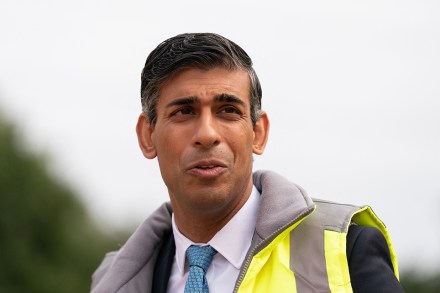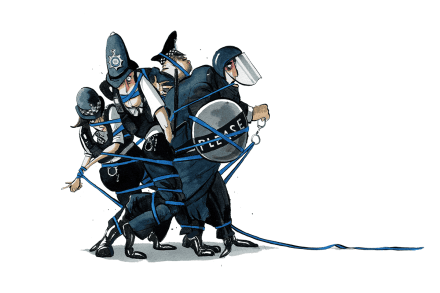Why Sunak’s prayers in Delhi matter
Ever since Alastair Campbell’s declaration that ‘we don’t do God’, no prime minister – and almost no politician – has discussed their faith. David Cameron said his Christianity came in and out ‘like MagicFM in the Chilterns’, a line he borrowed from Boris Johnson who self-defined as ‘a kind of very, very bad Christian’. But Rishi Sunak is different. He’s a practising Hindu who has a shrine in No. 10 for family worship and works with a Ganesh idol on his desk. This being Britain, no one cares: a distinguishing point about our country. Sunak gets flak for being a Winchester old boy, a Brexiteer and an ex-banker, but no



















